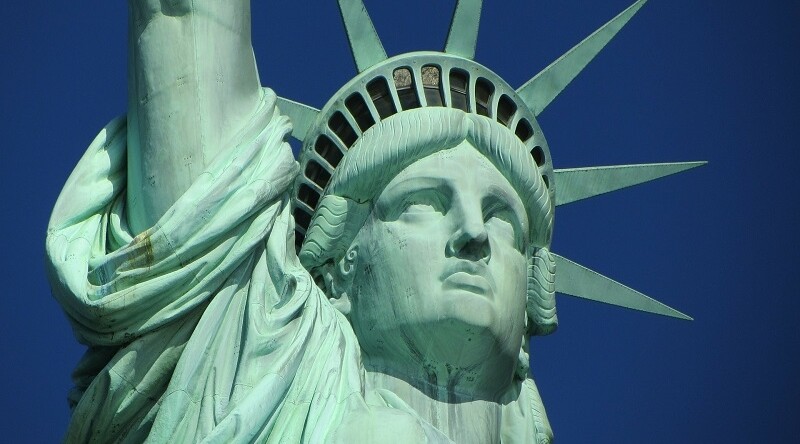This article originally appeared on the Ethics & International Affairs blog.
National Security Advisor John Bolton's comments on Venezuela hearken back to an earlier tradition in international affairs: the concept of spheres of influence. In criticizing Russian support for the government of Nicolas Maduro, he said, quite explicitly:
This is our hemisphere. It's not where the Russians ought to be interfering. This is a mistake on their part. It's not going to lead to an improvement of relations.
This statement, a recapitulation of the Monroe Doctrine, flies against the prevailing public view in the United States that, in the 21st century, there can be no such things as "spheres of influence." As vice president (and current presidential candidate) Joe Biden made clear in 2009 at the Munich Security Conference:
We will not recognize a sphere of influence. It will remain our view that sovereign states have the right to make their own decisions and choose their own alliances.
Bolton's statement seems to suggest that, at least for the United States, there is a sphere of influence (for the United States) in the Western Hemisphere, and also suggests that if Venezuela is not the place "where the Russians ought to be interfering" perhaps there are other parts of the world where Russian intervention is more tolerable.
Of course, this comes on the heels of the U.S. decision to recognize the Israeli annexation of the Golan Heights, which Russia has welcomed as a precedent which could also apply to its control of Crimea.
This may be an inopportune slip of the tongue, a public acknowledgement of the Monroe Doctrine which previous U.S. administrations tried to keep out of the public sphere (even if it was acknowledged in private), but it also may be taken by the Russians as a subtle signal that a Venezuela for Ukraine trade might be a step the Trump administration would be willing to countenance.
At any rate, Bolton also seems to be more comfortable with aspects of the 19th century like his Russian counterparts.




